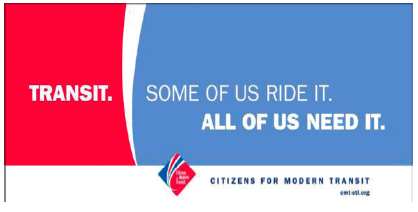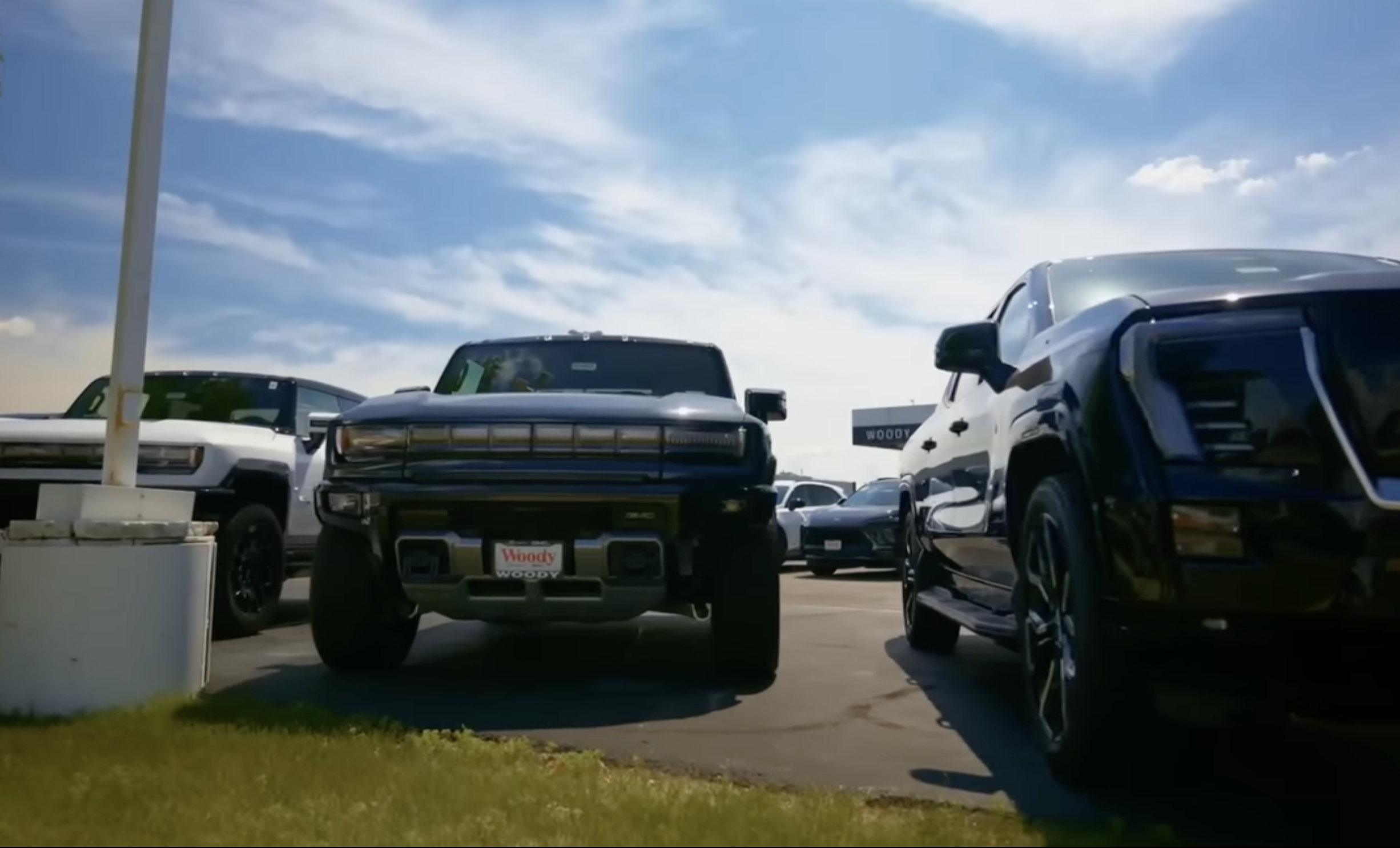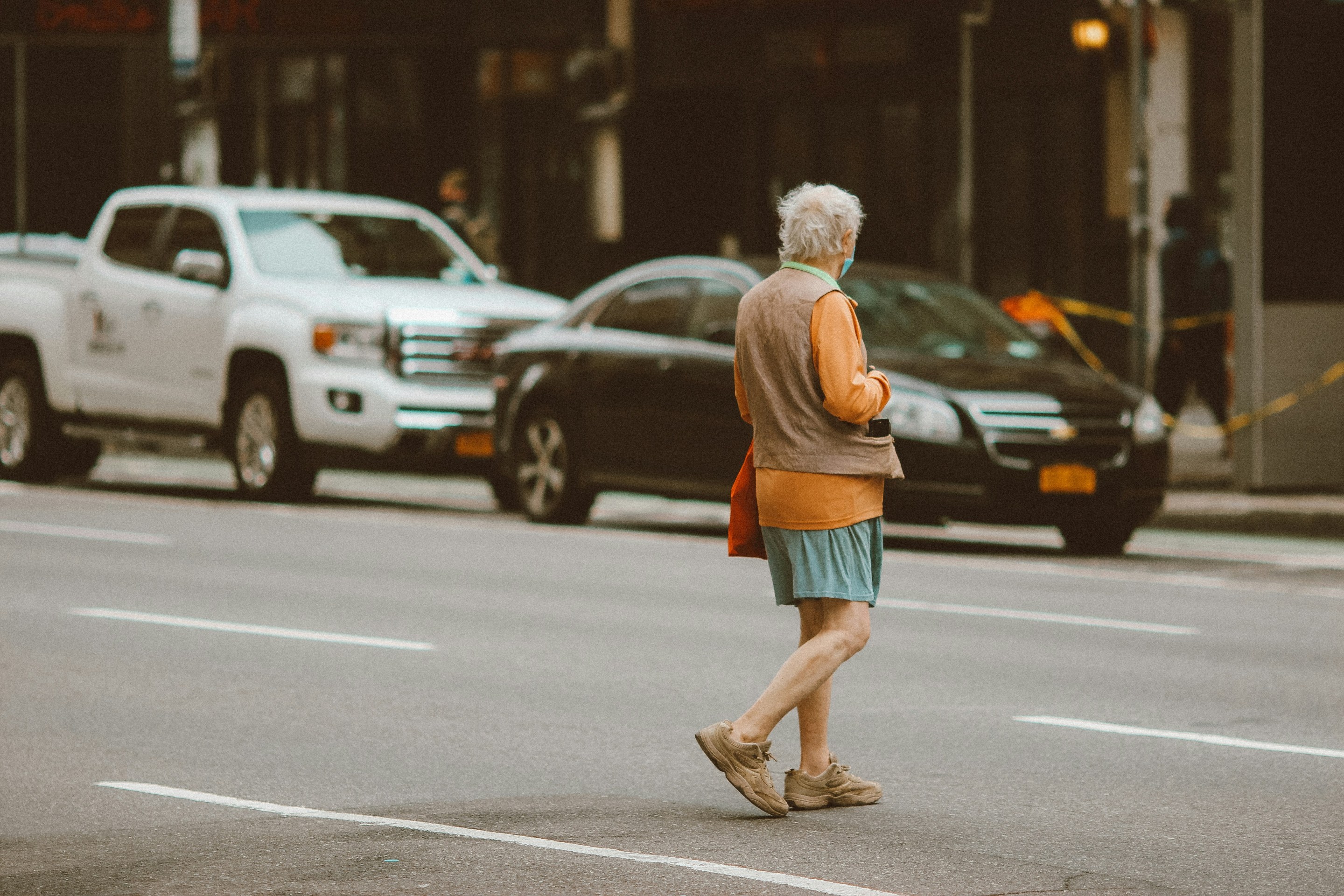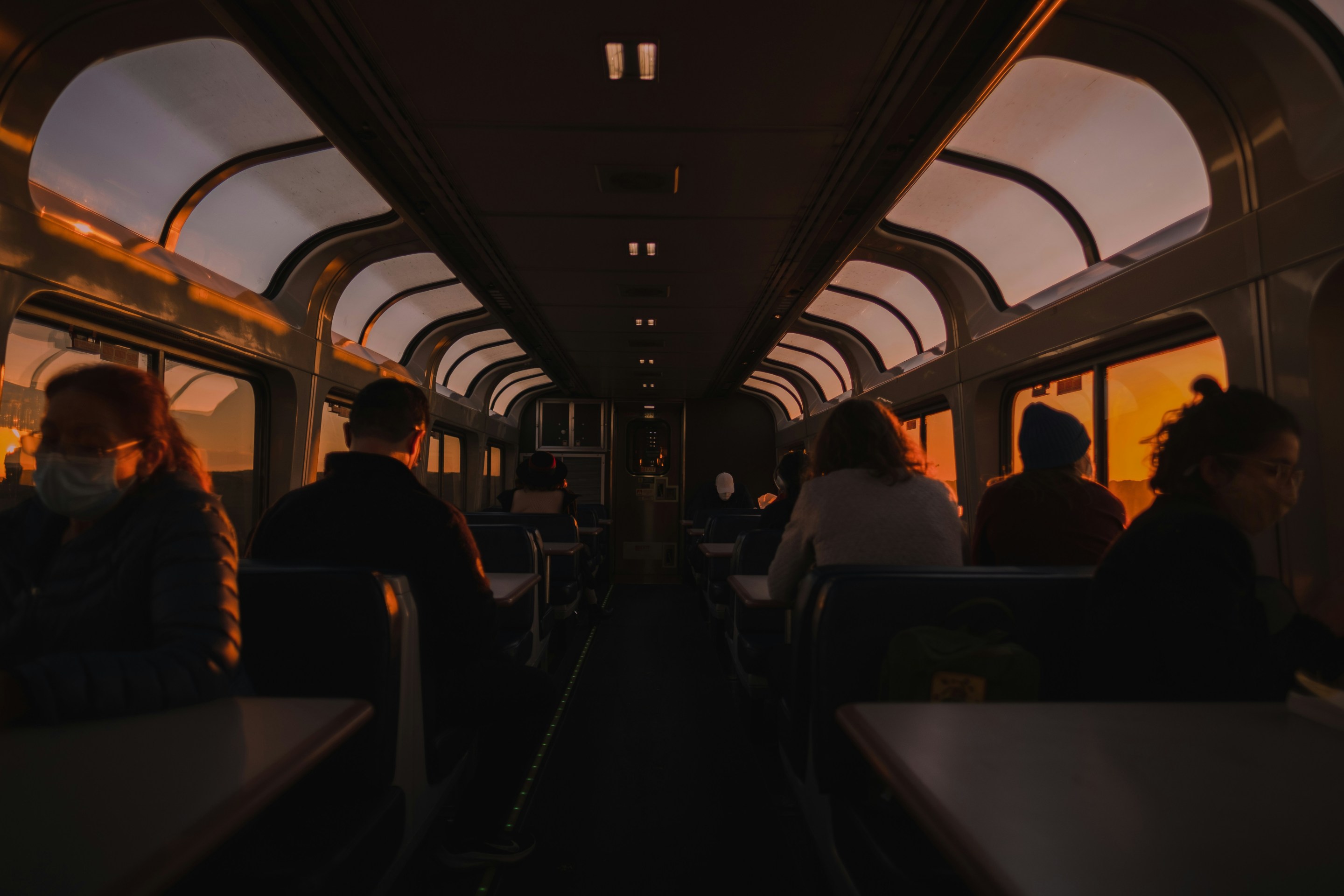While transit groups have been campaigning for, and winning, ballot measures for years, walking and biking advocacy groups are newer to the ballot referendum game. But as demand for safer streets grows in cities around the country, more and more active transportation groups are seeking voter support for special funding measures.

Living Streets Alliance in Tucson, for instance, partnered with the Regional Transit Authority on a 20-year, $2.1 billion package that included $80 million for biking and walking improvements. The East Bay Bicycle Coalition was part of the group that worked for Measure B in Alameda County, which would have extended a half-cent tax to fund multi-modal transportation projects, but fell just shy of the two-thirds super-majority needed to pass in California. BikeWalkKC is currently part of a coalition planning a 1 percent sales tax to support multi-modal transportation in Jackson County, Missouri.
In many cases, these efforts are succeeding. According to a new report [PDF] from Advocacy Advance -- a partnership of the League of American Bicyclists and the Alliance for Biking and Walking -- in 2012, 79 percent of ballot measures that included some dedicated funding for walking and biking were successful at the ballot box.
So how can your community pass a ballot measure that supports bike lanes, trails, sidewalks, and other measures to make walking and biking more appealing? Advocacy Advance asked experienced campaign leaders around the country to identify the keys to success. There are a few strategies that these winning campaigns share.
Timing: One thing the report stresses is the importance of timing. Do you want to plan your campaign for a presidential election season to maximize turnout? A special election might be a better choice in a more conservative community, experts say. Bad timing was cited as a leading problem for groups that failed to win voter support.
Language and Messaging: The language your campaign uses is important. So important, in fact, the group recommends hiring a professional polling firm to test your ballot language, saying it "has been worth five to 10 points in previous ballot measures."
And don't make the issue too complicated.
"Buy-in happens in less than 30 seconds," Advocacy Advance says. "Rely on repetition and soundbites to communicate your message."
It's also critical to show people "what's in it for them." What are the tangible benefits to individuals, no matter how they get around? That can mean pointing to a specific infrastructure project -- as long as it's popular with the public -- or a package of projects that has something for everyone.
Experts recommend not using the word "tax," but "funding measure," and emphasizing impacts on the local economy. They also recommend making a point of the low cost per individual household.
Fiscal Accountability: Finally, the group says, because most biking and walking groups have limited experience handling public funds, it's important for ballot measures to include a plan for ensuring financial accountability, like a citizens' oversight group.
Those types of strategies helped TrailNet pass Prop P and Prop C -- in St. Louis in 2000 and St. Louis County and 2013, respectively -- to build a trail network and parks. The most recent measure expanded the tax to 3/16th of a cent. It will provide $38.5 million for a regional trail system.
Trailnet's Rhonda Smythe says advocates in the St. Louis area have been successful because they've been able to link biking and walking to economic success and retaining residents.





